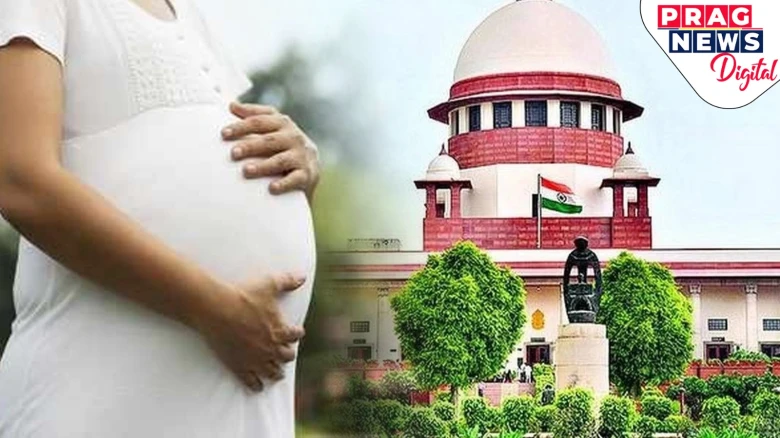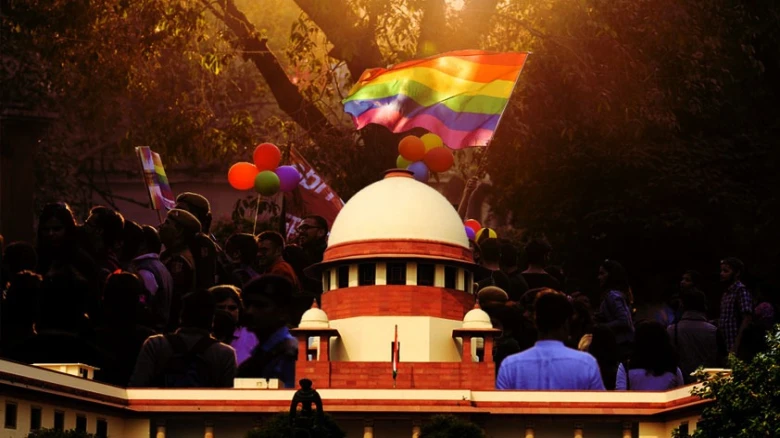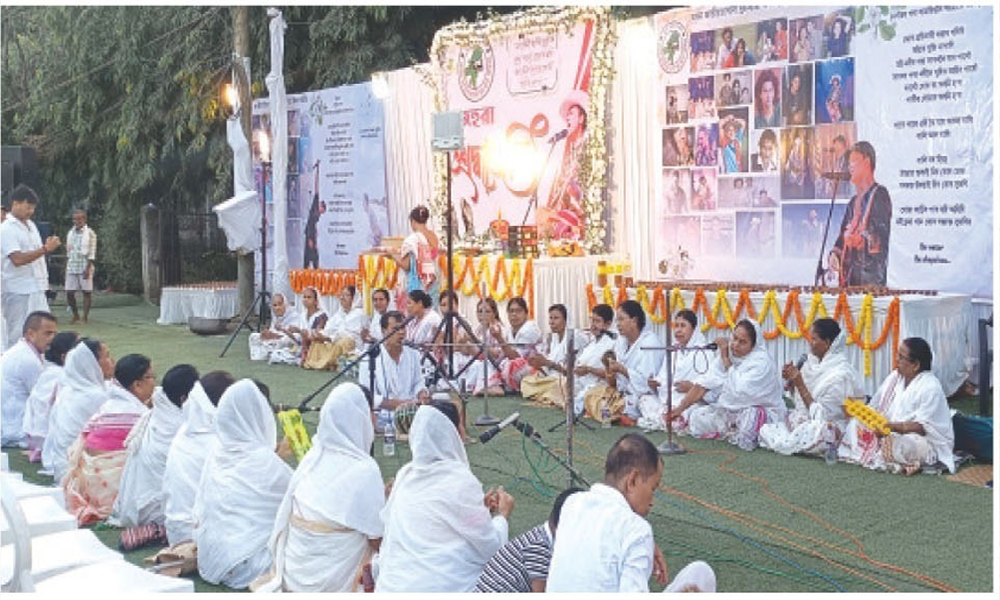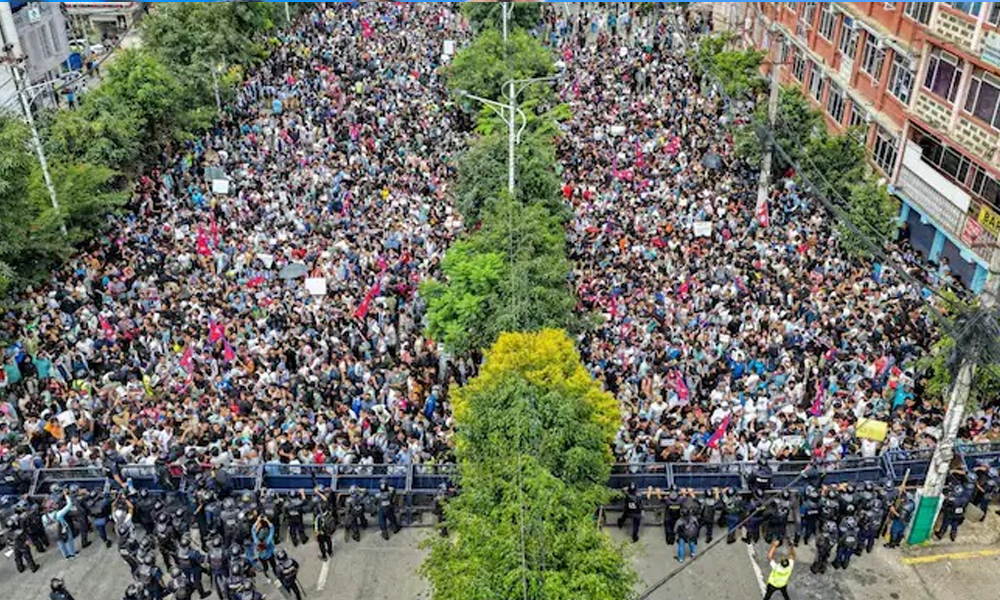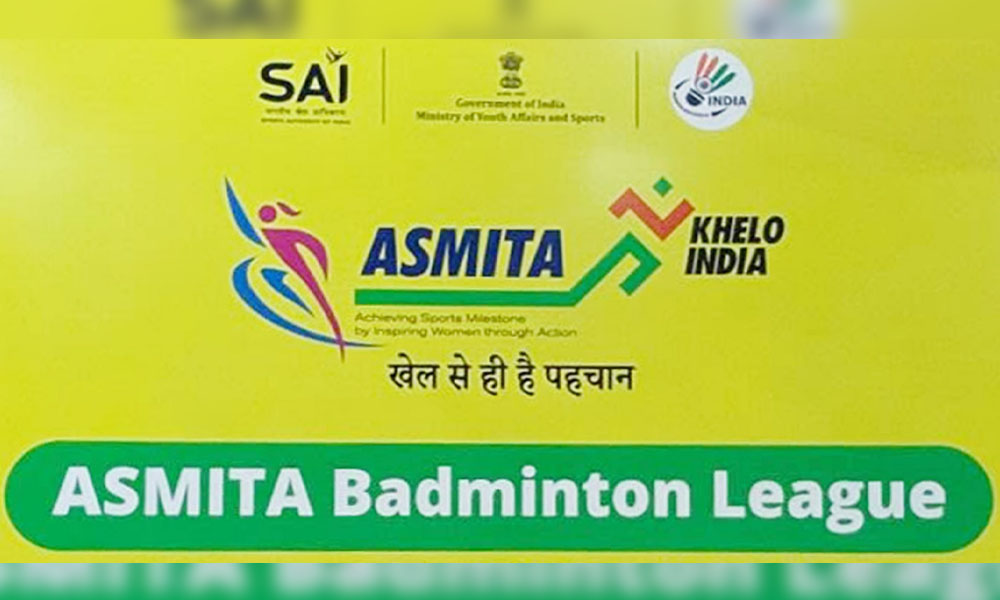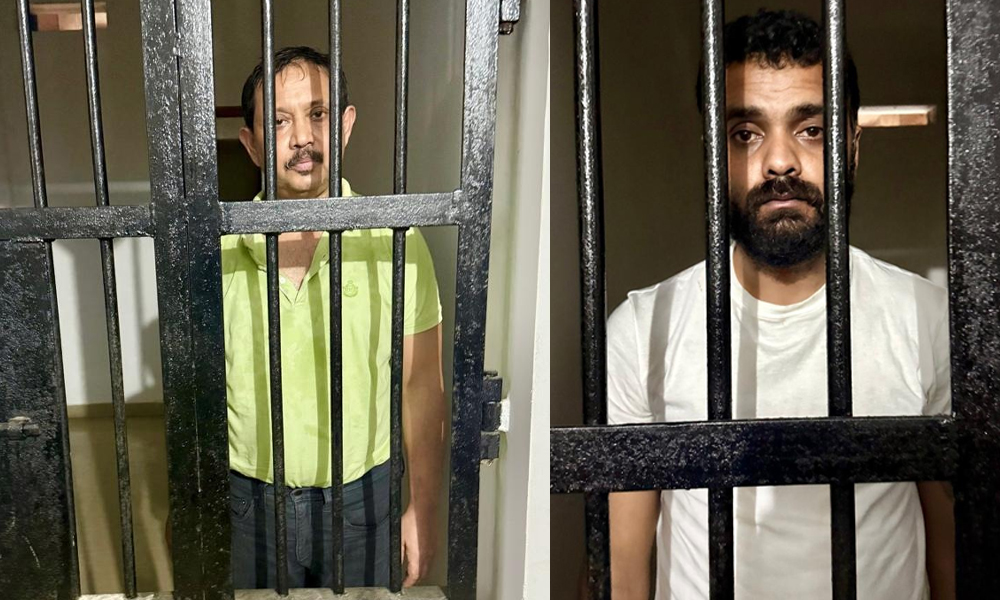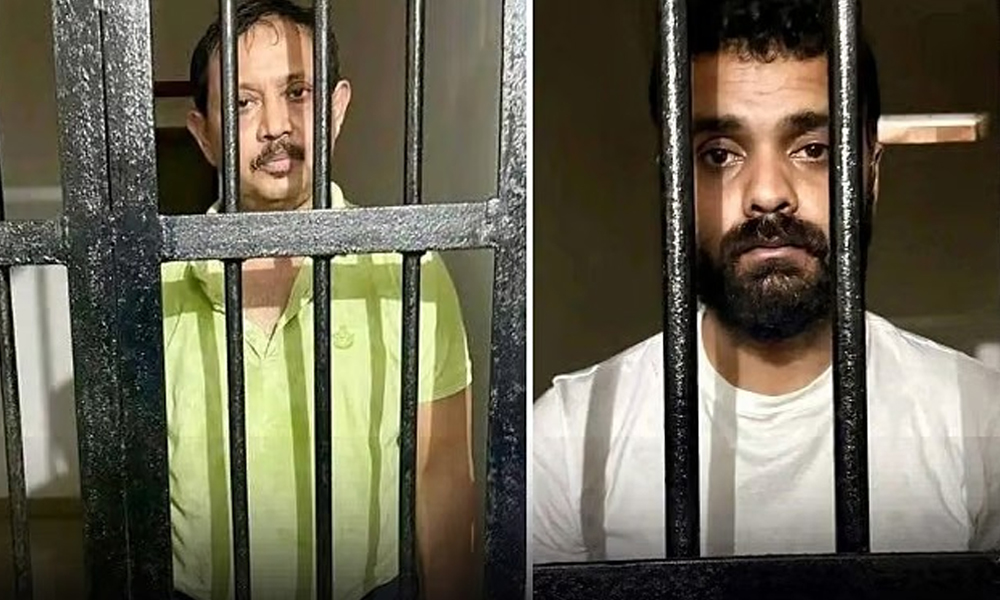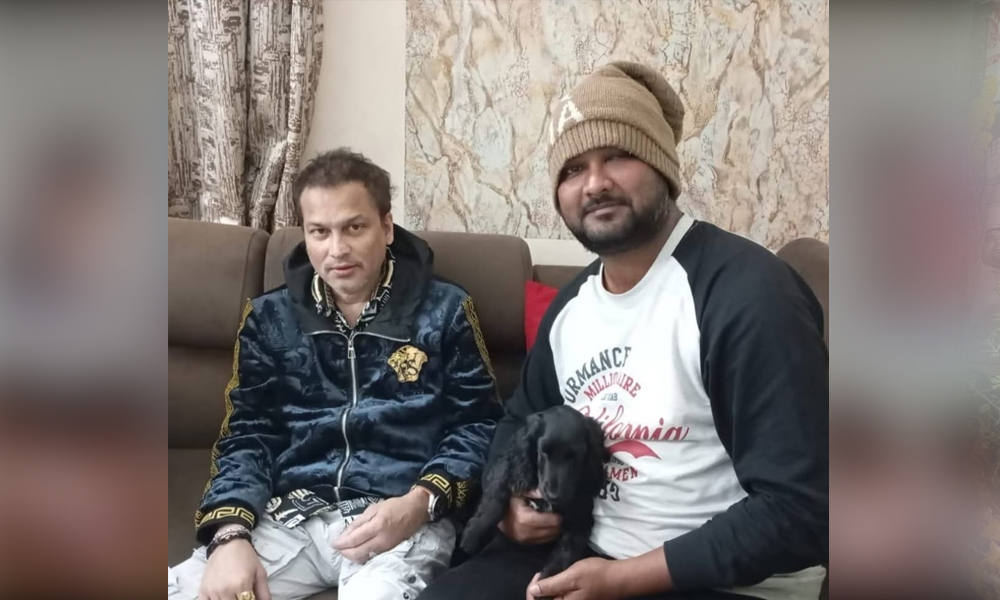The Supreme Court on Monday denied the plea of a married woman to terminate her pregnancy, which has exceeded...
Digital Desk: The Supreme Court on Monday denied the plea of a married woman to terminate her pregnancy, which has exceeded 26 weeks, on grounds of her illness. The decision came on Monday following a bench hearing led by Chief Justice of India DY Chandrachud and comprising Justices JB Pardiwala and Manoj Misra. The judges determined that the Medical Termination of Pregnancy (MTP) Act's 24-week limit could not be exceeded.
The court further clarified that, in this specific case, there is no immediate threat to the mother's life, and no signs of foetal abnormality were detected. The All India Institute of Medical Science (AIIMS) submitted a report stating that the unborn child showed no abnormalities. AIIMS argued that, with proper medical supervision and care, the mother's health and the child's well-being could be adequately managed during and after the pregnancy.
"It is felt that with proper care and treatment under appropriate medical supervision, the mother and baby can be managed well during pregnancy and postpartum, as has been previously evidenced by her response to medications. In case of worsening of symptoms, she may be admitted and treated," the AIIMS report highlighted.
The Supreme Court had previously sought a second opinion from the AIIMS medical board regarding the foetus's condition. The Additional Solicitor General, Aishwarya Bhati, presented the AIIMS report, confirming that while the woman had a history of postpartum psychosis, it was currently controlled with medication. The medical evaluation also indicated that no structural anomalies were observed in the foetus during the assessments.
The legal battle emerged after an earlier court order, issued on October 9, permitted the 27-year-old woman, already a mother of two, to undergo a late-term abortion at AIIMS. The MTP Act, however, stipulates a 24-week limit for termination, which applies to married women as well as special categories, including survivors of rape and other vulnerable groups like differently-abled individuals and minors.
The Supreme Court's decision to uphold the 24-week limit underscores the importance of adhering to the legal framework governing abortion in India, balancing the interests of maternal health, foetal well-being, and the rule of law.

